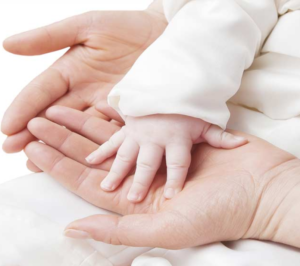Kidney cancer is one of the most commonly overlooked cancers because its early warning signs are often subtle. Many people dismiss the symptoms as routine health issues, which can delay diagnosis and treatment. The good news is that if kidney cancer is detected early, it is highly treatable. That’s why knowing the early warning signals is so important.
Why Awareness Matters
Kidneys are vital organs that filter waste and excess fluids from your blood. Cancer in the kidneys often grows quietly in its early stages, with few noticeable symptoms. By the time the cancer becomes advanced, treatment can be more difficult. Recognizing the early warning signals gives you a better chance for timely diagnosis and effective treatment.
Early Symptoms of Kidney Cancer
1. Blood in Urine (Hematuria)
One of the most common early warning signs.
Even a small amount of blood, visible or microscopic, should never be ignored.
The urine may appear pink, red, or cola-colored.
2. Unexplained Lower Back or Side Pain
Pain below the ribs, usually on one side.
This pain may be persistent or come and go.
3. Unexplained Weight Loss
Losing weight without changing your diet or exercise routine.
Sudden, unintentional weight loss can be a red flag for several cancers, including kidney cancer.
4. Persistent Fatigue
Feeling tired all the time, even after adequate rest.
This can be due to the body fighting against cancer or because the kidneys aren’t functioning properly.
5. Fever Not Linked to Infection
Recurrent fevers that are not related to flu, cold, or infection.
Fevers may come and go without explanation.
6. Swelling in the Legs or Ankles
Kidneys regulate fluid balance; cancer can disrupt this process.
Swelling may occur due to fluid retention.
7. A Lump or Mass in the Side or Lower Back
In some cases, a lump may be felt near the kidney area.
While not always easy to detect, this is a significant symptom to report.
Who Is at Risk?
Certain factors increase the likelihood of kidney cancer, including:
Smoking
High blood pressure
Family history of kidney cancer
Obesity
Long-term dialysis treatment
Exposure to certain chemicals
When to See a Doctor
If you notice any of these symptoms—especially blood in your urine—schedule an appointment with your doctor right away. Early diagnosis often involves urine tests, blood tests, ultrasounds, or CT scans. The earlier kidney cancer is caught, the higher the chances of successful treatment.
Key Takeaway
Kidney cancer doesn’t always announce itself with obvious symptoms. That’s why awareness is essential. Listen to your body, don’t dismiss unusual changes, and consult a healthcare professional if something feels off. Early detection can save lives.



